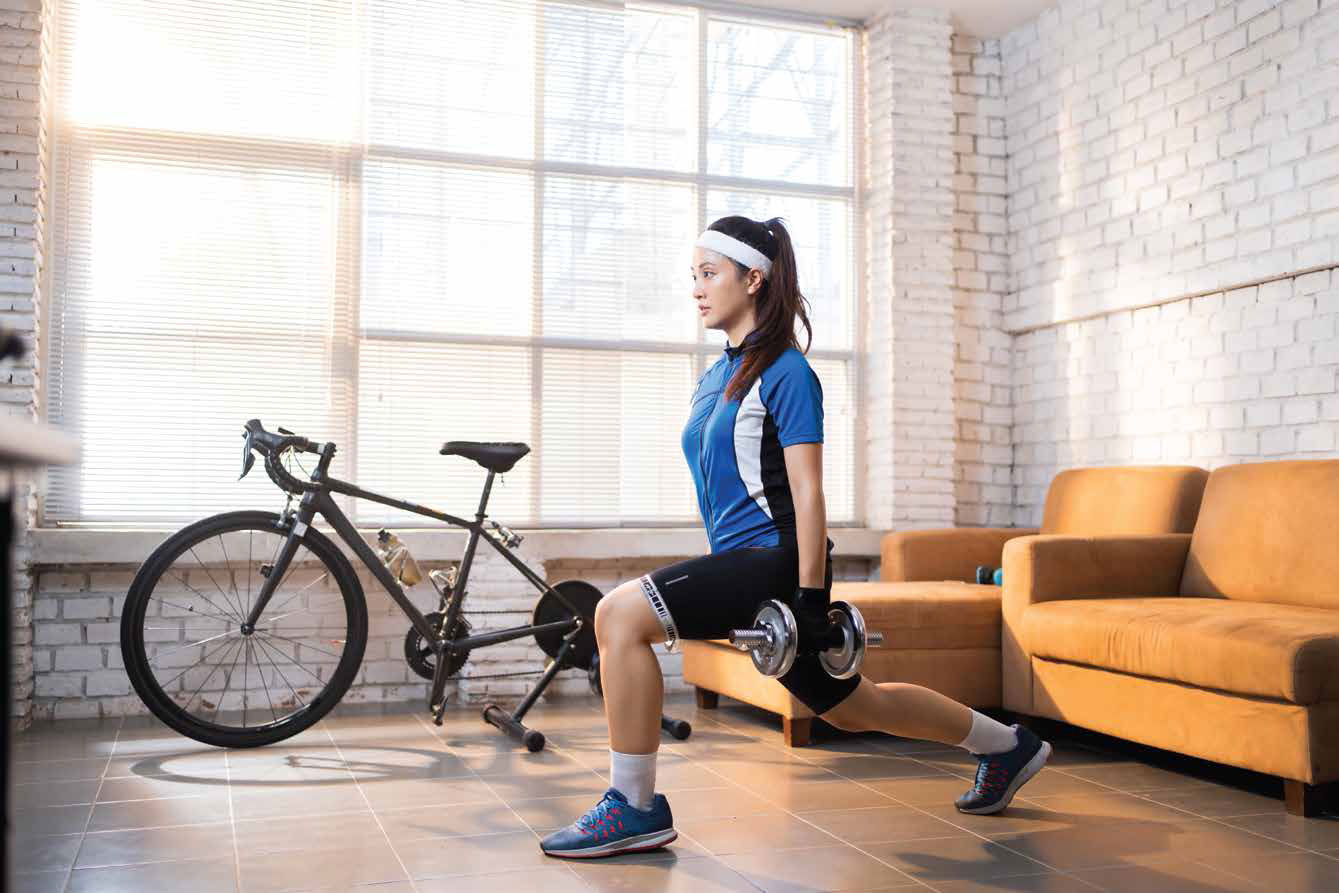Irritable Bowel Syndrome
Irritable Bowel Syndrome (IBS) is a condition that causes abdominal pain and problem with bowel motion. Some people may have reduced bowel movements (constipation, IBS-C), and some may experience frequent loose motions (diarrhoea, IBS-D). Some may even switch in between constipation and diarrhoea (mixed type, IBS-M).

Symptoms
Abdominal pain, bloating or other abdominal discomfort is common being among the most common and experienced on a regular basis for 3 months or more. These symptoms are also present with bouts of diarrhoea or constipation.
Causes of IBS
It is unknown what actually causes IBS but some known triggers include food, stress, hormones, certain medication and other illnesses.
How is IBS detected/diagnosed?
There is no test to definitively diagnose IBS. Your doctor is likely to start with a complete medical history, physical exam and tests to rule out other conditions which may also cause similar symptoms. It is important for your doctors to examine for other possible conditions.

What kind of changes do I need to make?
First, you need to eliminate food that causes gas from your diet eg. beans, carbonated drinks and processed food. Consult with your doctor or dietitian. Some foods can make your symptoms worsen. Start a food diary, which is a daily log of what you eat and drink. List down the ingredient or spices used to prepare the meal. The diary helps you and your doctor understand your eating habits and makes you more aware of what you consume. Once you know this, you can make changes to your diet to feel better.
- If you are experiencing constipation, increase your intake of water, fruits and vegetables.
- Eat smaller meal portions to avoid overstimulating your intestine
- Exercise for at least 30 minutes a day for at least 5 days a week. Exercise is thought to ease IBS symptoms by minimizing stress, improving bowel function and reducing bloating.

How will it affect my life?
IBS is not a life-threatening condition. Most people have this condition for the rest of their life. It can be disruptive at times, but most people find ways to manage the disease and make the symptoms better.
Know your treatment options at CVSKL’s gastro centre
No single treatment works for everyone. At our Gastro Centre, our doctors work with you to find the right treatment plan to manage your symptoms. You will also need to learn what triggers your IBS to make some lifestyle changes and adhere to your medication regime.
Depending on your condition, your doctor may prescribe the following:
- Antispasmodics to control colon muscle spasms that may be causing you pain.
- Antidiarrheal drugs will help with diarrhoea.
- Laxatives for short-term relief from constipation.
- Bulking agents such as psyllium, wheat bran and corn fibre help slow down the movement of food through the digestive system. This may help relieve symptoms.
- Neuromodulators might be used to relieve symptoms in some individuals.
Some studies have shown that probiotics or prebiotics may help with IBS. Although there is a lack of high-level evidence on the benefit of probiotics or prebiotics in treating IBS, some studies have shown that they may help
with IBS.
Diet plays an important role in the management of IBS. In CVSKL, our dietitian is trained in FODMAP diet therapy, which has proven to be effective in managing IBS.





